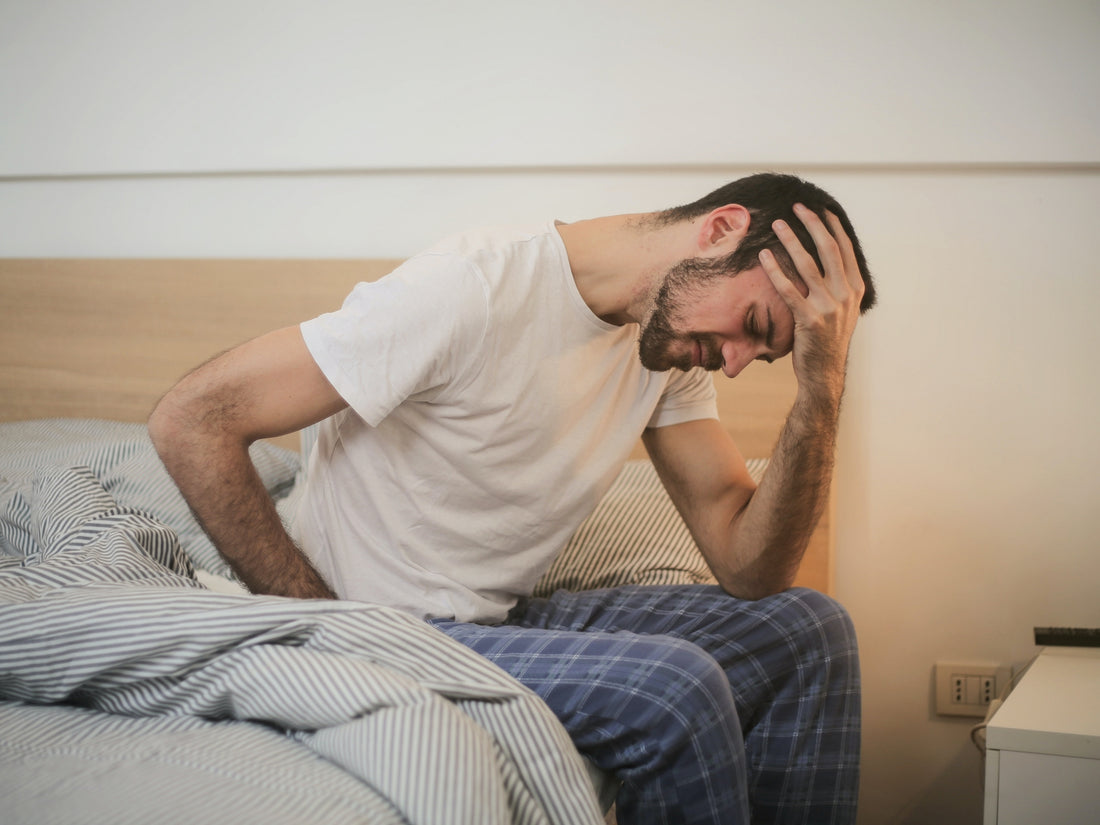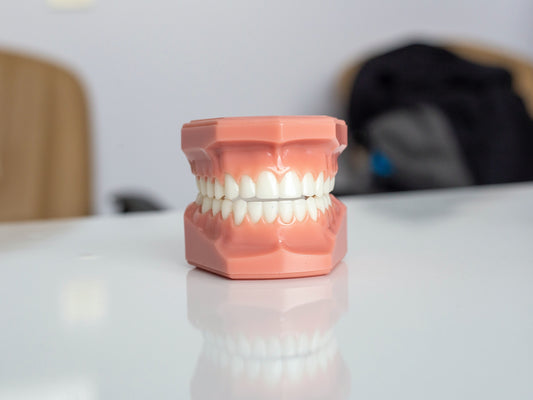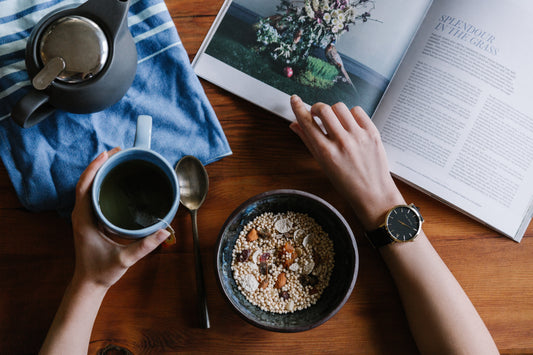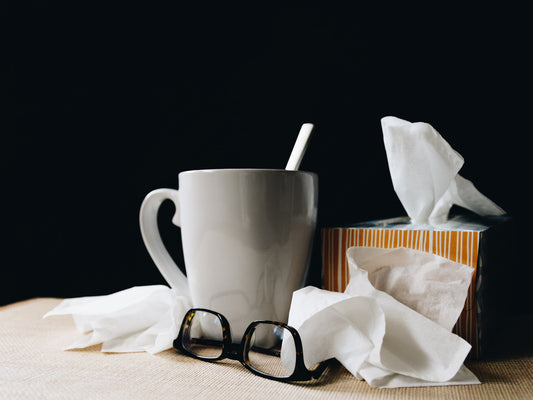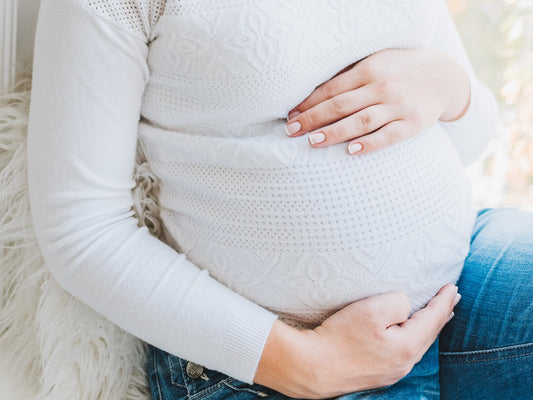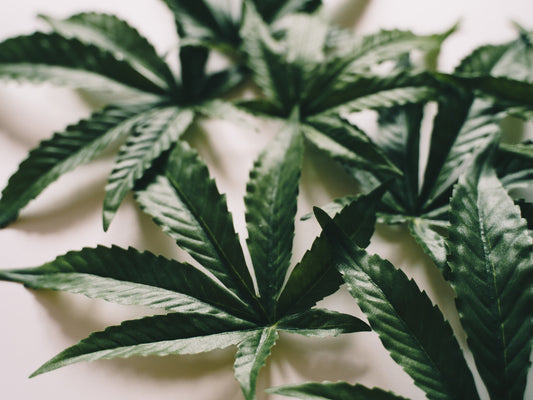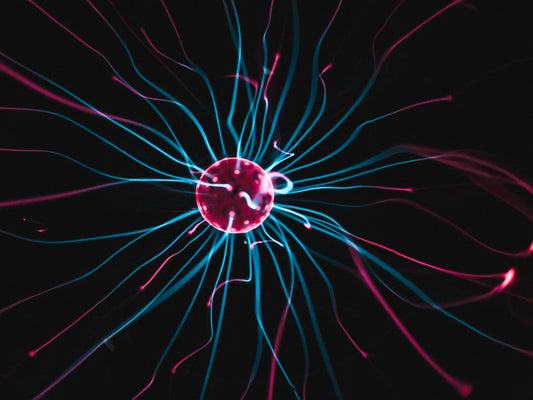Can IBS Cause Dehydration?
We all know that we should drink plenty of water, but do we do it? And just how much should you drink? Water is essential for our health, especially for those having digestive issues such as IBS.
Water helps us maintain our internal body temperature by acting as an insulator. That is why, when we feel hot, our bodies sweat. However, when a virus or a bacterium infects the intestines, they are unable to absorb water. So the water is eliminated in stools and you get diarrhea. You might also be aware of the fact that diarrhea ultimately leads to dehydration if not treated. So, can IBS cause dehydration? The answer to this question is undoubtedly “yes.”
Irritable bowel syndrome (IBS) can produce vomiting or diarrhea, both of which can in turn cause dehydration due to fluid loss. Consult your doctor if you are concerned about these or any other troubling symptoms.
While the information below can be used to educate yourself about these disorders, remember it is not a replacement for a diagnosis from a medical professional. There are a variety of other medical disorders that could be causing your symptoms and indicators.
1. How does IBS cause dehydration?
As a rule, dehydration occurs when your body loses a significant amount of water. It occurs when you lose more fluids than you take in, and your body lacks the necessary fluids to function properly.
Your body has already lost roughly 2-3 percent of its water content by the time you feel thirsty. Dehydration can cause various health issues: a reduction in mental function and physical coordination are two of the earliest indicators of dehydration [1]. Mild dehydration can deplete your energy and make you lethargic.

People with IBS-D (mostly diarrhea) may become dehydrated as a result of their regular bouts of diarrhea, and they may need to drink more fluids and electrolytes to stay hydrated. People who have IBS-C (constipation) need to drink more water to help their stool flow through their intestines. And if you want your water to work harder, check out our Hydrate line: a balanced, electrolyte-packed hydration mix to help you stay on top of your hydration game.
Drink at least 1 cup of liquid every time you have a bowel movement if you have diarrhea. Diarrhea also depletes essential salts from your body fluids. Consuming salty foods [2], such as chips, popcorn, or pretzels will help you keep your body salts at an optimal level. Sports drinks and other rehydration beverages can also be beneficial. Potassium-rich foods, such as bananas, potatoes, and fruit juices, can help to replace lost electrolytes.
2. Effect of dehydration on IBS symptoms
The body loses water naturally through breathing, sweating, peeing, and bowel motions. Health specialists often advise adults to consume 8-10 eight-ounce glasses of water every day [3]. People who exercise or spend time in the sun may require more water, and anyone who is unwell may want additional water to assist flush the system.
Water is the major component in amniotic fluid and breast milk, hence pregnant or breastfeeding women require additional water. In general, you're well-hydrated if your pee is white or light yellow.
If you have IBS and become dehydrated, chances are that all of your symptoms will become worse. When you're dehydrated, your intestines contract more. You also have cramps and stomach aches. Dehydration lowers your pain tolerance, and you'll have more intense abdominal discomfort than before. And if you're dehydrated, germs thrive in an ideal habitat, making your IBS symptoms worse. Vitamin supplements such as our Immunity mix are a great way to boost your defense system.
Furthermore, IBS causes your body to lose a lot of electrolytes [4]. Electrolytes are electrically charged minerals in the body. They are supplied by foods and fluids and can be found in blood, urine, and other physiological fluids. Sodium, potassium, chloride, magnesium, and phosphate are all electrolytes our bodies need to accomplish a variety of cellular processes. We lose them whenever we lose fluids, so it’s crucial to reintroduce them in our system as soon as possible.
If you have irritable bowel syndrome, make sure to stay hydrated to avoid aggravating your symptoms. This will assist you in maintaining other normal body processes as well as eradicating the disease.
3. Treatment for dehydration in people with IBS
Individuals with IBS usually suffer from dehydration due to the loss of water in stools, so keep an eye on your hydration levels! You should immediately think of dehydration if your urine gets dark-yellow along with dry mouth and dizziness. And if you are sure you are dehydrated, start to rehydrate as soon as possible!
Treatment of dehydration comes down to three main options:
- Oral rehydration therapy
- Electrolyte replacement therapy
- Intravenous fluid therapy
Oral rehydration therapy (ORT) is a salt-and-sugar-based solution that is administered orally to treat diarrheal dehydration. Oral rehydration therapy is inexpensive, effective, and simple to use. In one liter of clean water, combine eight level teaspoons of sugar and one level teaspoon of salt to make a DIY solution. As of today, ORT already helps more than 90% of individuals with diarrhea and irritable bowel syndrome [5].
It replenishes the body in two ways: sugar - or glucose - aids in the absorption of salt into the intestine, while salt aids in the absorption of water into the intestinal walls.

Moreover, your body also needs electrolytes in addition to water to carry out its normal functions. And that’s where the electrolyte replacement therapy comes in. Rapid hydration mixes like Hydrant help you restore your electrolytes and hydrate you up to three times faster than water alone. Another helpful aid is to have a diet rich in electrolytes, thanks to foods such as fruit and uncooked vegetables. This will not only maintain your electrolyte levels high, but will also help relieve your IBS symptoms.
If the first two methods are not enough to treat your dehydration, it’s probably best to seek your doctor’s help to carry out the third method, the intravenous fluid therapy. You can’t go wrong with this simple and safe procedure, which is used for people of all ages who are sick, injured or severely dehydrated.
4. Prevention of dehydration in people with IBS
Water makes up 50-65 percent of the average adult's body. Men and women have different water percentages (men's bodies are about 60% water, and women's bodies are about 55%), and the amount of water varies depending on your body composition and exercise level. Moreover, your body water is distributed into two major compartments: intracellular and extracellular. Studies show that lean body mass contains more water than fatty tissues. Thus, a healthy exercise routine can help reduce body fat and increase your body water percentage.
During the night, the hydration level of your body naturally drops down with breathing and sweat. Drink plenty of water when you wake up: this will help you perk up for your daily activities and also to take a good start of the day to prevent dehydration.
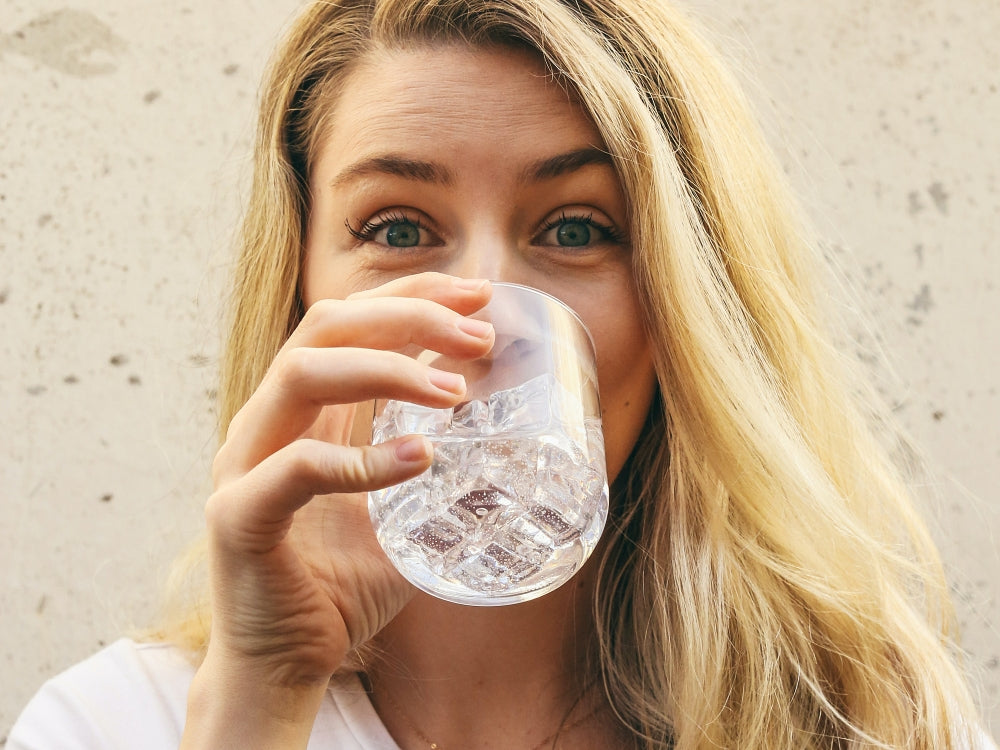
When you exercise, your body needs an even higher water intake, so keep a check on your hydration level after working out in the gym. Moreover, increase the intake of water everytime you sweat - your body will thank you.
Filling your meals with high-water-content fruits and vegetables can also aid in preventing dehydration. Melons, berries, grapes, and lettuce are among the most hydrating foods.
Give these lifestyle habits a try and keep that annoying IBS at bay!
Conclusion
IBS is an emerging condition that requires timely treatment. Avoiding junk food and maintaining a healthy lifestyle can help prevent it. The tips listed above can provide instant relief and save you from diarrhea and other complications.
Luckily, many hydration products are also available and ready to make your fight against dehydration way easier. And if you do get dehydrated, start your treatment yourself with a quality electrolyte mix. However, if the situation prevails, seek your doctor's advice.
References










